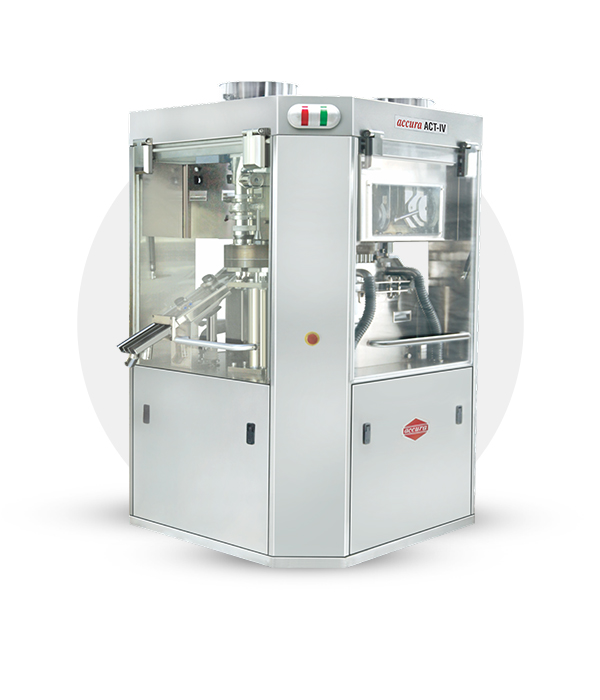In recent years, the pharmaceutical sector has witnessed significant transitions, especially across emerging markets. The increasing need for localized production facilities, faster time-to-market and the expansion of public healthcare systems has placed tablet making machines at the center of manufacturing development. From startup pharmaceutical units to expanding industrial complexes, the demand for reliable, scalable and efficient tablet maker machine systems continues to rise.
A growing number of companies in regions such as Southeast Asia, Sub-Saharan Africa and Latin America are investing in pharma tablet making machines to reduce import dependency and elevate production standards. This momentum has made these machines more than just equipment-they are now strategic assets in a nation's healthcare evolution.
The Role of Tablet Making Machines in Pharmaceutical Ecosystems
Tablet making machines are integral to any pharmaceutical production line. They ensure precision in dosage form, high-speed compression and repeatability across large batches. As emerging markets aim to strengthen their pharma capabilities, adopting advanced tablet making machines becomes a foundational step in establishing GMP-compliant and efficient manufacturing units.
Whether used in contract manufacturing facilities or public sector medicine plants, these machines allow producers to handle everything from clinical development batches to commercial-scale production.
Mini tablet making machines are also gaining popularity in small-scale setups or pilot labs where limited production runs are essential for R&D purposes or specialized therapies. Their compact design and ease of operation make them suitable for flexible operations in resource-limited environments.

Infrastructure Expansion in Response to Local Healthcare Demands
Healthcare expansion in emerging markets is deeply tied to pharmaceutical production capabilities. As public and private sectors prioritize self-reliant drug manufacturing, investment in tablet press machines becomes an operational necessity.
Infrastructure development in these regions is shaping a shift toward locally manufactured formulations. Whether it’s a modular cleanroom facility or a rural production unit, the inclusion of a reliable tablet maker machine supports the goal of uninterrupted supply chains, compliance and quality assurance.
These regions now require machines that support continuous processing, simplified cleaning and operator-friendly interfaces-all traits.
Technology Adoption and Automation Trends in Tablet Production
Automation in pharmaceutical manufacturing is no longer limited to developed economies. Emerging markets are also moving toward automated tablet making machines for consistency, speed and regulatory alignment.
Advanced tablet compression machines now come equipped with features such as pressure sensors, touchscreen HMIs, servo-controlled systems and real-time data tracking. These features help manufacturers in emerging economies comply with national and international GMP standards.
In addition, many producers seek customizable models of tablet forming machines to accommodate a wide range of materials, formulations and tooling setups. The ability to scale from small-batch production to full-scale operations is another critical factor influencing purchase decisions.
Cost Efficiency and Competitive Advantage in Manufacturing
Cost is always a significant consideration for pharmaceutical companies in developing economies. Investing in a tablet making machine that balances affordability with performance is key to building competitive advantage.
The modular design of modern tablet machines allows flexibility in upgrades, tooling changes and part replacements. These features are particularly beneficial for facilities managing multiple product lines or adjusting to evolving regulatory frameworks.
Manufacturers now seek machines with low operating costs, minimal maintenance downtime and high throughput - all while meeting quality standards. This balance is particularly evident in the popularity of mini tablet making machines for pilot batches and automatic tablet making machines for full production.
Market Preferences and Regional Sourcing of Tablet Making Machines
As demand surges, so does the reliance on dependable tablet making machine suppliers. Many emerging market pharmaceutical companies prefer sourcing from established exporters who offer support in installation, validation and operator training.
India has emerged as an exporter of pharma tablet machines, offering a mix of affordable pricing, robust engineering and adherence to GMP norms. Suppliers now focus on offering machines with validated software, serialization support and cGMP-compliant design-key considerations in global market access.
Whether for state-funded drug production programs or private label manufacturers, the shift toward robust and adaptable tablet forming machines is now integral to meeting growing healthcare demands.
Pharma Ecosystem Growth Supported by Equipment Readiness
Growth in pharmaceutical capabilities in emerging markets goes beyond facility setup. It involves establishing an ecosystem of skilled operators, quality control systems and adaptable machinery. Tablet machines play a crucial role in this process by providing the necessary foundation for scalable, compliant and efficient operations.
As emerging economies align with international pharmacopoeia standards, their reliance on sophisticated yet cost-effective machinery grows. This transformation is not just about meeting domestic demand but also about becoming reliable contributors to the global pharmaceutical supply chain.
The availability of tablet maker machines that meet both domestic regulatory needs and global export standards ensures these economies can compete in quality while maintaining cost leadership.




